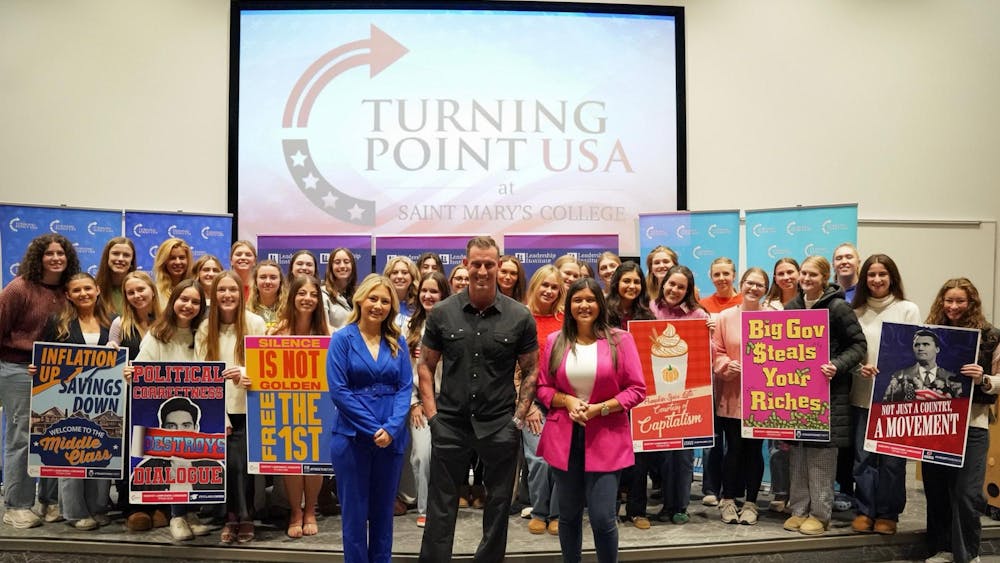"When we think about women and Islam, the first thing that comes to mind is what media has traditionally portrayed — images of oppression. However, these images never address the diversity within the Muslim population nor their different experiences," Larisa Olin Ortiz, director of Multicultural Services, said. "Prejudice gets in the way of building authentic relationships across difference and unfortunately these stereotypical images contribute to cultural misunderstandings."
The solo play demonstrates the challenges faced by four Muslim women. Three of the women are Americans, living in a post-9/11 world.
With her play, Malik aimed to reveal their true personalities as well as to accurately depict their faith.
"The images I see of Muslim women are stereotypical and often very offensive. I was influenced to write this play by the women of my community," Malik said in an interview with On The Go Online. "I wanted to unveil who they really are, what their faith is really about and what living in these times is like. I wanted to share with Americans' cultures and languages that are so rich and beautiful."
Ortiz said she hoped the play would help students overcome misunderstandings about people of different cultures and faiths.
"The first step to challenging these generalized views of ‘others' is to be exposed to diverse voices within groups who may share certain identities," she said.
In the performance, Malik portrayed women from different walks of life. Her character Maryam was a Pakistani-American who was married with two children. Maryam's troubles began when a man told her to take off her hijab, the traditional headdress of the Islamic faith. Cursing and screaming at her, the man assaulted her.
Another character Malik portrayed was Layla, an Arab-American. Layla's brother died on September 11, 2001. When the planes hit the towers, her children, who were at an Islamic school, were forced to go home because someone threatened the school with a bomb. A mob formed outside of the school, and began to attack the Muslims. Layla stood up to the mob and told them to stop swearing and screaming.
Malik also played two other characters, depicting the unique difficulties in their lives and the harmful effects of religious bigotry.
The play demonstrated the effects of prejudices in the United States, Ortiz said.
"We also want to send a message that we should recognize and celebrate not only what we share in common, but also our differences," she said.









